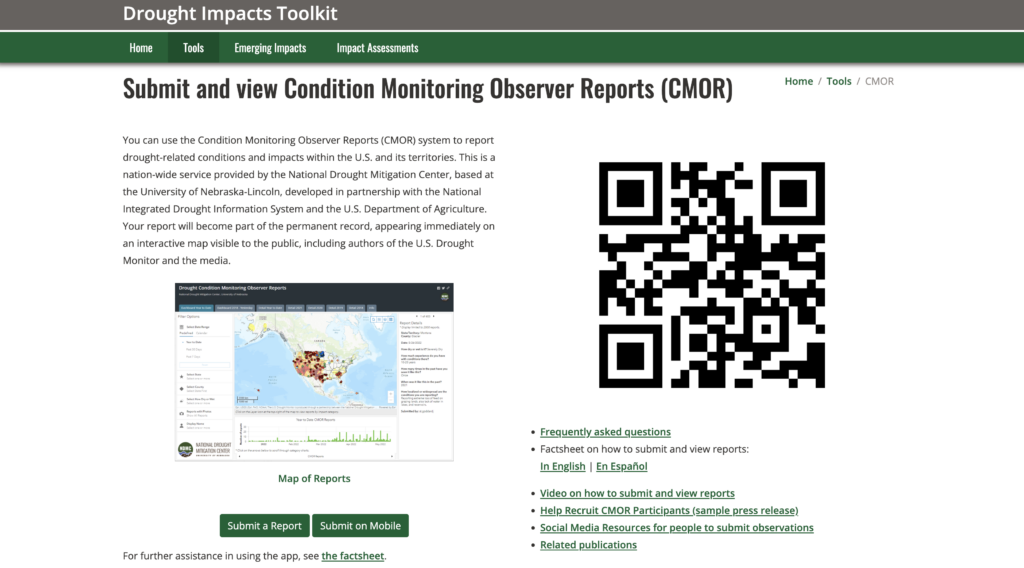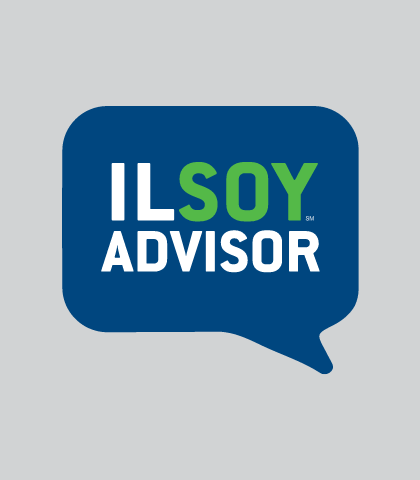Weather conditions have been dry in the past four to six weeks in parts of northeastern, western, and central Illinois. Forecasts for the next 7 to 10 days show very dry weather and above normal temperatures, which will likely worsen already dry conditions in the state and potentially cause rapid-onset drought conditions in some areas. The combination of dryness and above average temperatures in May increased evaporation and plant water use, which depleted soil moisture.
Drought in Illinois typically impacts plants and crops first as soil moisture is depleted but can also begin to affect water resources and water quality if it persists. As the drought evolves, accurate reports on conditions and drought impacts are critical to accurately assess what parts of the state are in drought and what parts are not.
To help with the drought monitoring and impact assessment process, consider regularly reporting conditions and any impacts, or lack thereof, in your part of the state. Submit reports through The National Drought Mitigation Center’s Condition Monitoring Observer Reporting (CMOR) system, https://droughtimpacts.unl.edu/Tools/ConditionMonitoringObservations.aspx, or via email to the Illinois State Climatologist Office: statecli@isws.illinois.edu.





 and then
and then